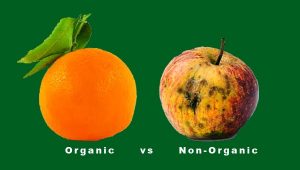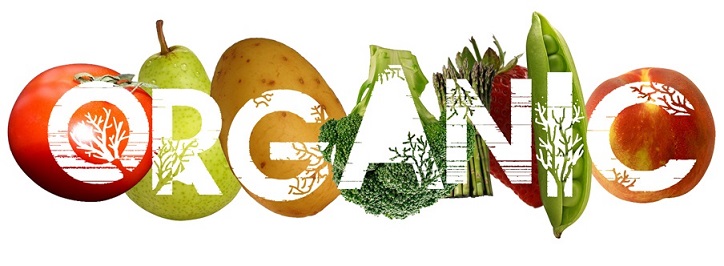Series; The World Is Dying, Organic and Non-Organic
Nowadays there are also many processed organic products available
This is our third and final article of the series and we will be focusing on the organic and non-organic foods, but before we get any further, the previous articles one and two are available. We are what we eat. Food is one of the most important parts of our health, what is going inside our body day by day, month by month and year by year, the quality of food is extremely crucial in our health.

The first question that pops in our mind when we think about the organic food our mind directly think about natural foods which are different from Organic foods. “Organic” foods are created with non-synthetic ingredients, “Organic” means it must come from animals or crops that tend to use natural fertilizers like manure to improve plant growth or has never received antibiotics or growth hormones while non-organic food means the complete opposite, food which is highly sprayed with pesticides and other chemical materials.
Nowadays there are also many processed organic products available, such as sodas, cookies breakfast cereals, and many others. People feel happy with the thinking that organic farming supposedly promotes environmentalism, as it can potentially and significantly lessen the increasing carbon footprint across our planet, evidence suggests that foods grown organically may be more nutritious.
One in nine people globally are undernourished, yet more than a billion tons of the
food gets waste
Although non-organic food is easier to buy, the food is dosed with high levels of pesticides, antibiotics or hormones, your food may be coming from growing conditions that are not as highly regulated as organic products, this does not necessarily mean that organic foods are necessarily better or healthier for you.

This all is the result of the direct change in the environment and its negative effect on the land. Food “loss” is defined as unintended waste, such as food that rots in inadequately refrigerated storage before it can be eaten, or food that can’t make it to the market because of poor infrastructure. Food “waste” is more a result of someone’s intentional choice, such as expired food or food that is cooked but not eaten, we as members of this land have an obliged duty to give back to the mother earth and we are too much in depth of her to not be giving back. we are half the problem which means we can be half the solution!


